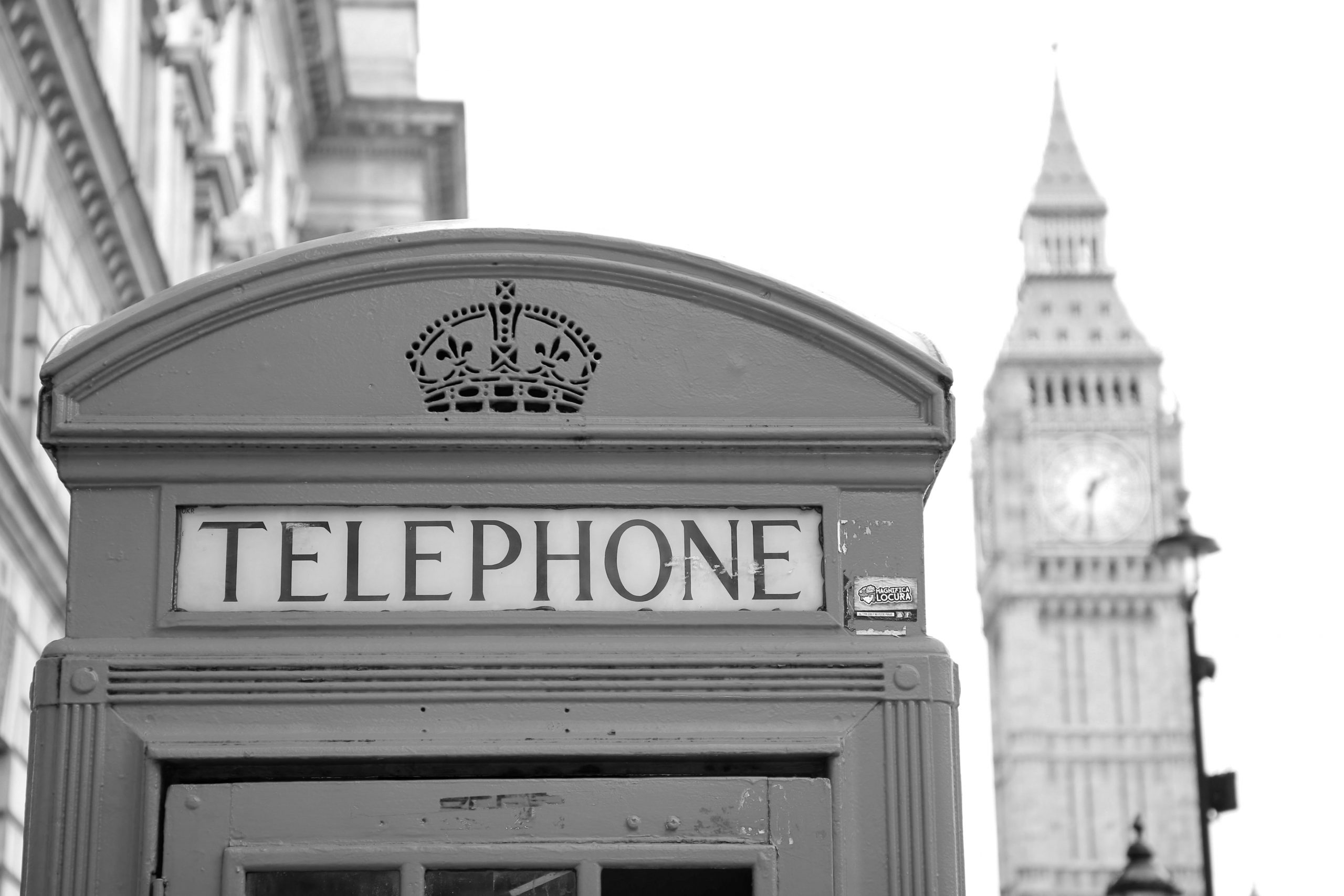This week’s Commonwealth Heads of Government meeting comes at a crucial juncture for the UK’s future as a trading nation.
Does Brexit change the way Britain should approach the Commonwealth and what can the government achieve in this meeting for post-Brexit-Britain?
I am disappointed in the Brexit vote, and particularly disappointed that my right to freedom of movement within the EU is being taken away. But I accept the democratic decision and take the Prime Minister at her word. “Brexit means Brexit” and we must make it work.
Many have said that Brexit is a chance to “look outward” again and “re-engage” with the world. While this might have sounded inspiring during the referendum campaign, the slogans ignored the fact that Britain was neither inward-looking nor disengaged from the world in the first place. We were and will remain an outward-looking trading nation.
We must now turn our minds to creating opportunities for post-Brexit Britain. The Commonwealth is certainly one of those, but we need to be careful with our tone and approach.
Some have suggested re-engaging with the Commonwealth through a leadership role. However, ministers need to be careful to avoid the perception of Britain adopting a neo-colonial stance that will go down like the proverbial bucket of cold sick.
Brexit certainly cannot mean looking at the Commonwealth as a chance to ‘return to the good old days’. Neither India, Australia, Canada, New Zealand nor any other Commonwealth nation is looking to give up their independence and become a British colony again.
So what to do?
We could start by looking at ideas that Australia has pushed in Asia, and championing them for the Commonwealth.
Back in the 1990s the Australian government led the way in pushing for the creation and strengthening of the Asia-Pacific Economic Cooperation – an organisation once cynically described as four adjectives in search of a noun.
Whilst APEC had many political objectives, one of its greatest successes has been in promoting commerce, particularly through the easing of travel regulations for business-people.
Senior business leaders in APEC member economies – including the US, China, Japan, Russia, the Philippines and many others – can obtain a pre-approved multi-entry business visa called the APEC Business Traveller’s Card. This wonderful little card avoids constant visa applications and lets passengers speed through diplomatic channel at airports.
As the proud holder of a BTC I can vouch that not needing a visa to visit China, Vietnam and Russia – combined with skipping the nightmare International to Domestic transfer in Los Angeles – is a godsend.
As a signal of its new “re-engagement” with the Commonwealth, the UK should champion the creation of a BTC for the Commonwealth.
The likes of New Zealand, Singapore, Malaysia, Papua New Guinea and Australia, Commonwealth Countries that have signed up to the APEC card, are sure to support such a move. Many African nations would welcome such a move, as they are already pursuing an “all-Africa passport” that is sure to increase trade on the continent.
A Commonwealth BTC would help make the Commonwealth a meaningful and practical entity for business. What’s more, this would not be classed as a trade deal, so we could get on with implementing it during the implementation period immediately after Brexit Day.
In geopolitical terms boosting Commonwealth trade could also help counter Chinese influence in Africa.
There is also a space for a revamped version of the failed Commonwealth Business Council, which tried to push closer economic links in the former colonies before its collapse amid accusations of corruption and mismanagement.
Here Britain could lead the push for closer links not as a colonial overlord, but as a service provider to Commonwealth countries.
With these sorts of initiatives, the UK could emerge from the EU as a strong, independent enthusiast for intra-Commonwealth trade, serving both as the ‘Singapore for Europe’ and the hinge between the Commonwealth and The Continent.
The Singapore of Europe and the hinge for the Commonwealth and the continent – now that is a Brexit Britain worth living in.
Article originally published by CapX.







